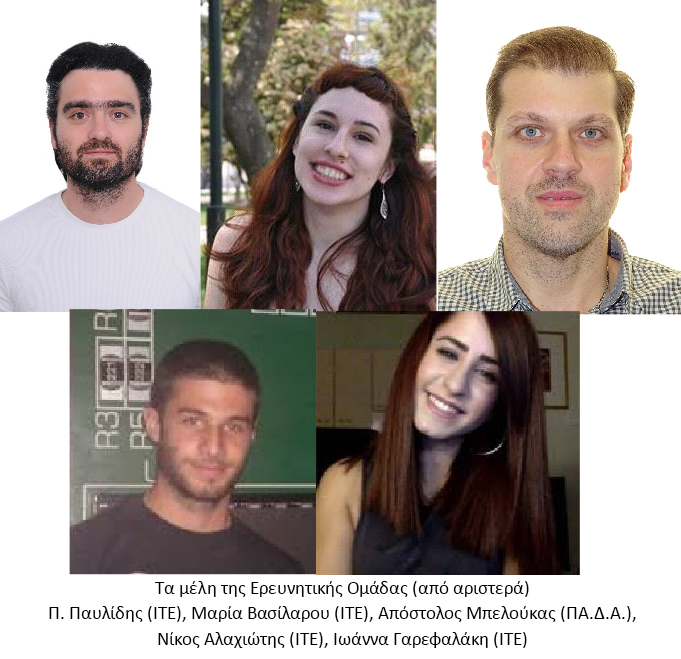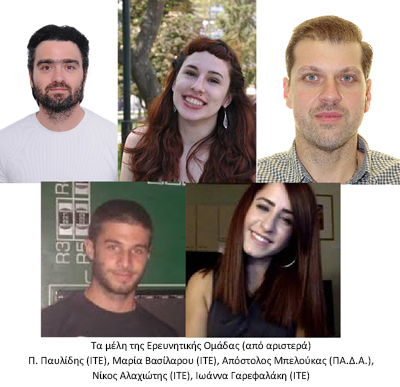All Science News

Population genomics insights into the recent evolution of SARS-CoV-2
The coronavirus disease 2019 (COVID-19) pandemic,caused by SARS-CoV-2, still grows rapidly. A recent study published as a preprint manuscript in BioRxiv by researchers from FORTH-ICS, FORTH-IMBB and the University of Western Attica, provides new insights into the evolution of SARS-CoV-2 virus.
The computational analysis of the full RNA genome of more than 1,800 genomes, allowed researchers to study in detail the recent evolutionary history and the adaptive genetic regions in SARS-CoV-2. This study aims to infer whether recombination has taken place in the genome of SARS-CoV-2, to estimate the mutation rate and to localize the regions in the genome of SARS-CoV-2 that have contributed to the adaptation of the virus. The results of the study suggest that the coronavirus genome from pangolin and bat may have recombined and contributed to SARS-CoV-2 genome. Furthermore, researchers found evidence for additional recombination events from other coronavirus hosts, the hedgehog and the sparrow.
Similar recombination events may have also taken place more recently in SARS-CoV-2 genomes from human hosts. Even though in the present study this could not be assessed directly, there is evidence for recombination indirectly, by using a linkage disequilibrium-based analysis. Moreover, demographic parameters were estimated: the genetic data fit a model of rapid exponential population growth in Europe, North America and Asia.

The study was published in the BioRxiv repository entitled as “Population genomics insights into the recent evolution of SARS-CoV-2”,







